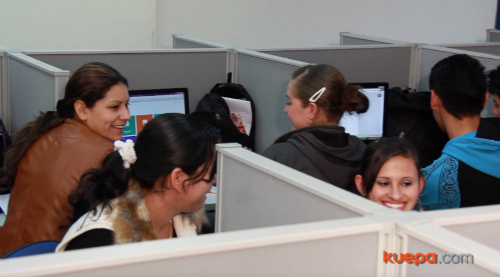
Gabriel Sanchez Zinny is focused on education and the improvement of educational quality to fit a 21st century economy. Zinny是Kuepa.com的创始人兼总裁, a blended learning startup that provides continuing education for adults who do not have the required skill sets to work in today’s labor market. He is also the author of Educacion 3.0. The Struggle for Talent in Latin America, in which he addresses the critical need for educational transformation, both in the United States and Latin America, given the shifting nature of the global economy. In my interview with Zinny in 全球搜索教育, he discusses the challenges faced in Latin America, how blended learning companies like Kuepa will help, and what the future holds for traditional vs. the newer models of higher education.
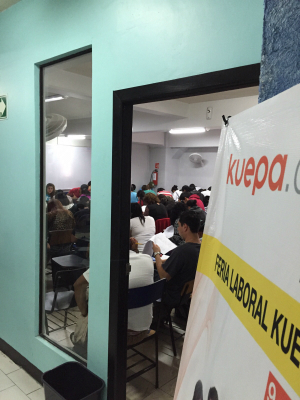
正如你所说, 教育是经济成功的关键,但供不应求, 特别是在新兴经济体, 像拉丁美洲. 这怎么能改变?
世界银行企业调查的数据显示,拉丁美洲的私营部门比其他任何地区都更难找到合适的人才. 以上 35 拉美%的公司说,一个训练不足的劳动力是他们的主要障碍扩张, 与刚 22 %的撒哈拉以南非洲和 17 南亚百分比.
一段时间以来,地方政府一直在解决这个问题, 没有什么可展示的. 最古老的之一, 哥伦比亚的国家学习服务 (塞纳), 成立于 1957, 和最新的之一, 巴西的 Bolsa Escola 计划, 从那以后一直有效 2001. 阿根廷, 墨西哥, 和智利也展开了类似的努力, 但即使有庞大的预算和庞大的官僚机构, 同样的教育成绩不佳仍然存在.
这个问题比许多人意识到的要复杂. 仅仅加入劳动力大军往往不足以开始培养技能, 特别是在自动化正在取代人工的行业. 在这些普遍的高科技行业, 所需的技能要复杂得多, 需要更高阶的创造性解决问题的能力以及技术知识.
同时, 而高技能工作的回报正在增加, 做出教育决定的个人并不总是清楚这些好处. 这是政府可以发挥作用的一个地方: 提供准确的, 透明, 以及关于最需要哪些职业道路以及遵循该道路必须获得哪些技能的易于访问的信息.
监管环境是另一个挑战. 缺乏明确的监管意味着无法区分优质机构和欺诈性机构. 同时, 成功的学校和项目发现很难成功和扩展, 鉴于所涉及的要求不够透明.
政府必须能够有效地评估新教育机构的质量, 并打击那些失败的人. 政府计划具有独特的优势,可以提供客观的信息和监督, 以及为长期失业者提供技能培训,使他们能够重新成为劳动力中的生产岗位.
随着拉丁美洲从以高世界价格出口商品为基础的十年增长中走下坡路, 它面临下一个挑战: transitioning to a higher-productivity economy. Maintaining macroeconomic stability will be crucial, as will be developing infrastructure and continuing to tackle poverty. But to create truly advanced economic sectors that can power a broader rise in living standards, 必须为各级工人配备成功所需的技能. And we won’t achieve that without a stronger technical and vocational sector.
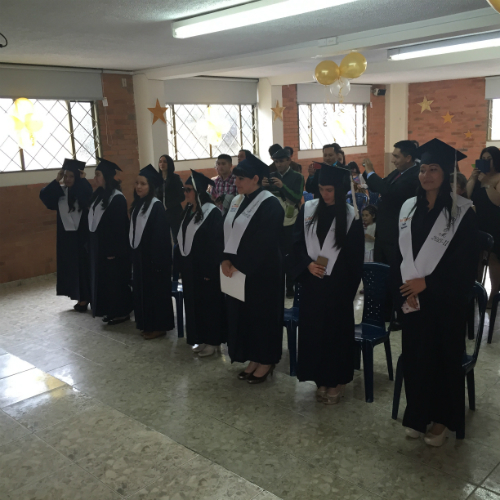
How are Massive Open Online Courses (Mooca), and sites like your own kuepa.com, impacting the global education landscape?
Online learning dramatically expands student access to quality instruction – now billions can “attend” the lectures of the best teachers, instead of only hundreds. 也许更重要, by streamlining the “information absorption” aspect of education, online learning can free up traditional schools to do more of what they do best – 这是, the more complex processes of discussing, reflecting on, and synthesizing information into new ideas, which is best done in person, through conversation and collaboration.
明确地, online education is serving a slice of the population that has for too long been neglected. While the debate still remains open about the level of quality that the sector is capable of delivering, it is offering a valid alternative for working adults or marginalized students who would otherwise receive little or no education.
Kuepa was founded a few years ago under the inspiration of this model, soon becoming the first blended learning initiative in the region and expanding to Mexico, Peru and Colombia. 高辍学率和提高教育质量意识的提高, 该地区蓬勃发展的创业环境以及 ICT 使用和数字包容性的稳固和快速扩展 (位居世界前列), 为 Kuepa 的诞生提供了背景. 该计划旨在为不具备在竞争激烈的 21 世纪劳动力市场上工作所需技能的成年人提供服务. 库帕想做出贡献, 通过引入混合学习, 提高性能, 利用教师能力并提高拉丁美洲青年工人的生产力和竞争力.
您认为 MOOC 在未来教育中扮演什么角色? 它们将如何影响大学系统的价格和知名度?
技术正在超越对传统基础设施和其他固定投资的需求, 多年, 是实体大学系统的基石. 数字图书馆只是一个例子 – 作为托管图书的边际成本, 视频, 和其他在线资源急剧下降, 新供应商有机会进入市场. MOOCs 覆盖数百万人,而无需一个宿舍.
从而, 评估教育机构的旧方法已经过时. 教与学现在可以轻松导出和导入, 墨西哥 Tecnológico de Monterrey 等一流大学所拥护的趋势, 现在有超过 50,000 在国外学习课程的学生.
位于美国的平台. 和欧洲, 太, 在拉丁美洲教育市场取得新的成功. EdX, based in Boston and co-founded by MIT, is expanding rapidly in countries from Brazil to Haiti – a full 10 的百分 1.3 million people accessing EdX MOOCs are now based in the region. 在英国, there is the Open University, which caters to students across Europe, the Middle East, 和亚洲, and which is expanding its marketing to Latin America.
This rise of education entrepreneurs and the expansion of online learning are both responses to a sector that is in the midst of a profound, and long-overdue, disruption.
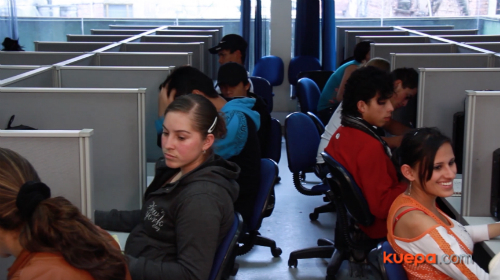
如何提高 MOOC 的声誉,使它们被视为传统大学学位的严格替代或补充? 有什么证据表明这已经在发生?
随着经济增长的加快, 以及随后拉丁美洲等地区中产阶级的扩大, 为高质量的中学后教育创造了一个新的市场. 随着当地对教育服务需求的增加, 非营利和营利部门的新供应商正在参与. 的确, 在过去的十年, 拉丁美洲已在其高等教育领域投资了数十亿美元.
区域企业越来越多地根据特定技能和能力进行招聘, 而不是名校的证书 (与美国的谷歌不同). 同时, a burgeoning but underprepared young work force is clamoring for better education, pushing the price of traditional universities upward and straining their infrastructure.
从而, even while the right education is more valuable than ever, the public perception that traditional schools are overpriced, overcrowded, and irrelevant to the modern workplace has contributed to an atmosphere of crisis. Students are increasingly graduating with overwhelming debt and few job prospects, leading to explosive discontent in places like Chile and Colombia, not to mention the United States.
在此背景下, 私人, 更低的花费, largely online options are well positioned to reshape education more fundamentally. Concepts like lifelong learning and twenty-first century skills are no longer simply trendy buzzwords, but on-the-ground reality.

(All Photos are courtesy of Gabriel Sanchez Zinny)
和我一样,全球知名的思想领袖,包括迈克尔·巴伯爵士 (英国), 何. 迈克尔座 (美国), 何. 莱昂特司特因 (美国), 克莱克里斯坦森教授 (美国), 何. 琳达·达林 - 哈蒙德 (美国), 何. MadhavChavan (印度), 迈克尔·富兰教授 (加拿大), 霍华德·加德纳教授 (美国), 安迪·哈格里夫斯教授 (美国), 伊冯娜赫尔曼教授 (荷兰), 克里斯汀Helstad教授 (挪威), 让·亨德里克森 (美国), 玫瑰Hipkins教授 (新西兰), 科妮莉亚Hoogland教授 (加拿大), 这位杰夫·约翰逊 (加拿大), 太太. 尚塔尔考夫曼 (比利时), 何. EijaKauppinen (芬兰), 国务秘书TapioKosunen (芬兰), 多米尼克·拉方丹教授 (比利时), 休·劳德教授 (英国), 主肯麦克唐纳 (英国), 杰夫大师教授 (澳大利亚), 巴里McGaw教授 (澳大利亚), 希夫纳达尔 (印度), Ř教授. 纳塔拉詹 (印度), 何. 吴PAK (新加坡), 何. 丹尼斯教皇 (美国), 斯瑞达拉贾戈帕兰 (印度), 何. 黛安·拉维奇 (美国), 理查德·威尔逊·赖利 (美国), 肯·罗宾逊爵士 (英国), 帕西SAHLBERG教授 (芬兰), 押尾佐藤教授 (日本), 安德烈亚斯·施莱歇 (PISA, 经合组织), 何. 安东尼·塞尔顿 (英国), 何. 大卫·谢弗 (美国), 何. 基尔斯滕都沉浸式 (挪威), 总理斯蒂芬·SPAHN (美国), 伊夫Theze (LyceeFrancais美国), 查尔斯Ungerleider教授 (加拿大), 托尼·瓦格纳教授 (美国), 大卫·沃森爵士 (英国), 迪伦Wiliam教授 (英国), 何. 马克沃莫尔德 (英国), 西奥Wubbels教授 (荷兰), 迈克尔·杨教授 (英国), 和张民选教授 (中国) 因为他们探索所有国家今天面临的大画面的教育问题.
全球搜索教育社区页面
ç. M. 鲁宾是两个广为传诵的在线系列,她接受了笔者 2011 厄普顿·辛克莱奖, “全球搜索教育” 和 “我们将如何阅读?” 她也是三本畅销书, 其中 真正的爱丽丝梦游仙境, 是的发行 CMRubinWorld, 而且是干扰物基金会研究员.
按照ç. M. 鲁宾在Twitter: www.twitter.com/@cmrubinworld



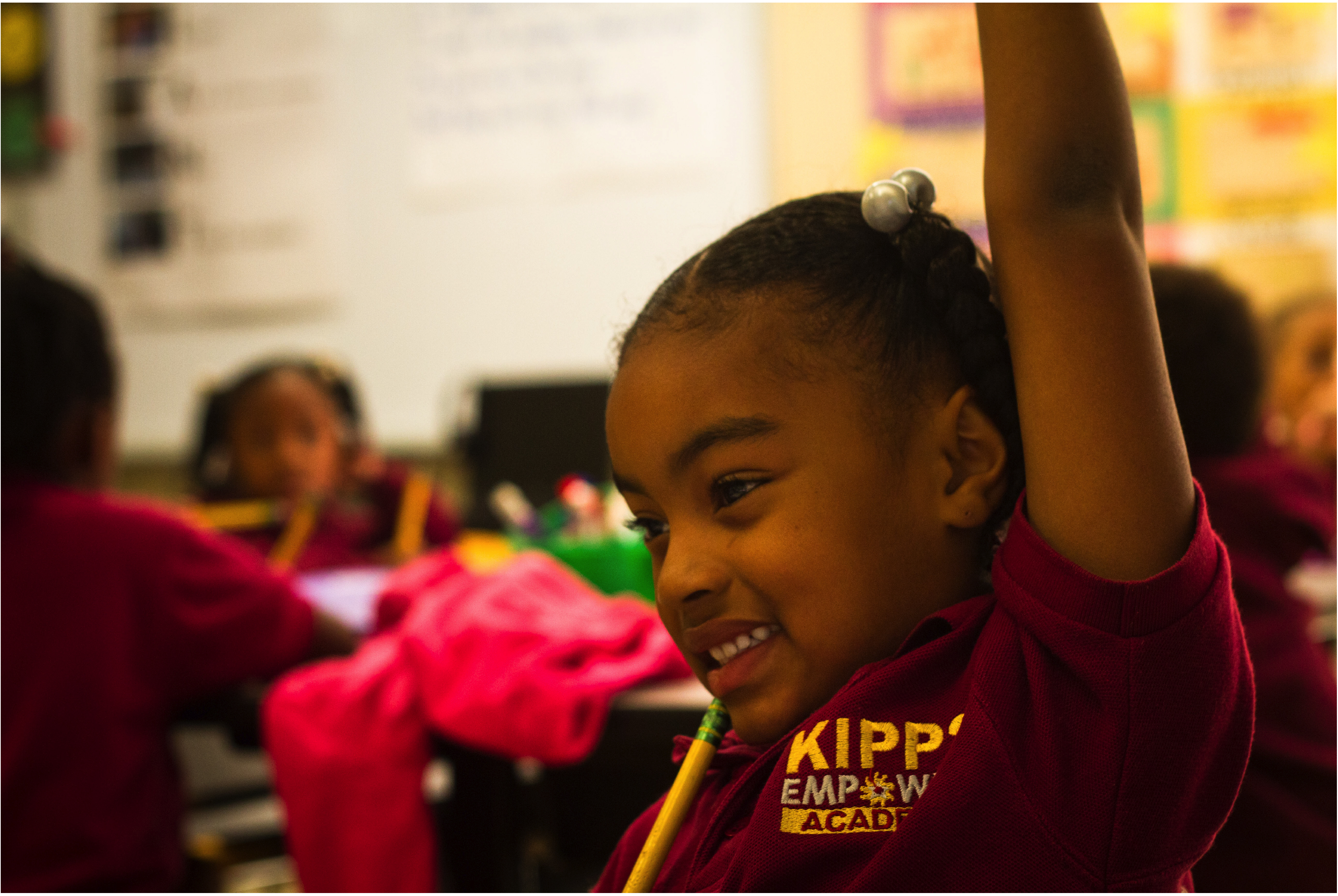


最新评论